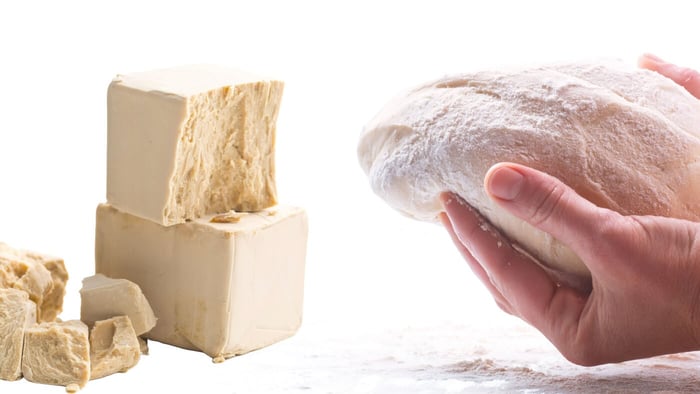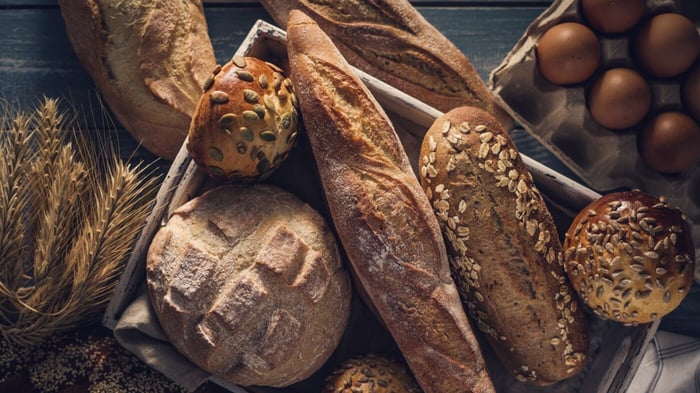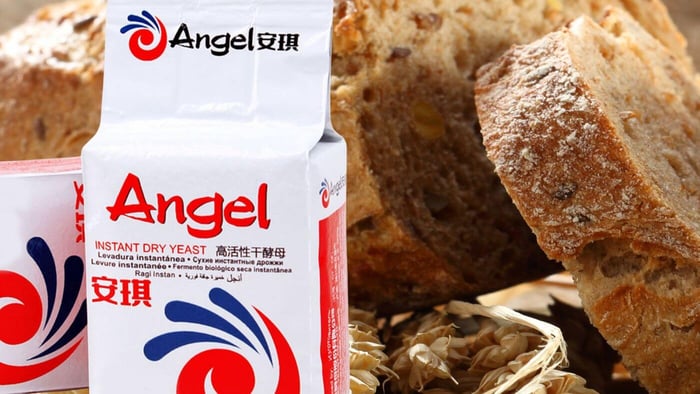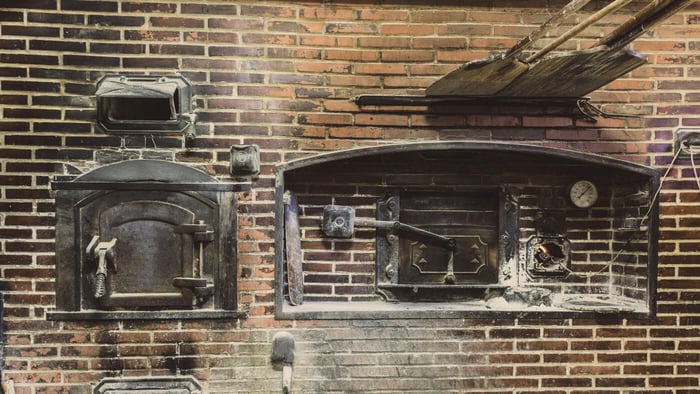In the intricate world of baking, yeast stands as one of the most fundamental and transformative ingredients. It has the remarkable ability to turn a simple mixture of flour, water, and a few other elements into a tantalizing array of bread, pastries, and baked goods. Within the realm of yeast, two main contenders reign supreme: dry yeast and wet yeast. The question that often arises in the bakery market is which type of yeast is better suited for certain products. Join us as we delve into the intricacies of dry and wet yeast to uncover the nuances that can make all the difference in achieving bakery perfection.
Dry YeastDry yeast, a relatively recent innovation in the baking world, offers bakers a range of advantages that have cemented its popularity. The most prominent of these benefits is its extended shelf life. Dry yeast, typically vacuum-sealed and packaged in convenient pack sizes, can be stored at room temperature for extended periods without significant loss of potency. This attribute not only makes dry yeast more convenient for commercial bakeries but also provides home bakers with the flexibility to keep yeast on hand for spontaneous baking endeavours. Furthermore, the precision in measuring dry yeast is undeniable. Its uniform granular composition ensures consistent dispersion throughout the dough, leading to even fermentation. This predictability lends itself well to intricate pastries, such as croissants and Danish pastries, where precise texture and layers are crucial. |
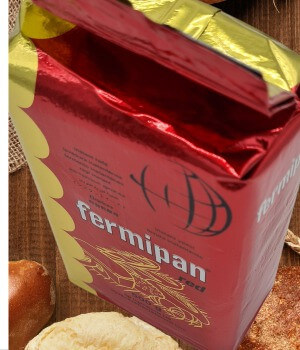 |
Wet Yeast: The Classic Choice
Wet yeast, often referred to as fresh yeast or cake yeast, has stood the test of time as the traditional baker's choice. This type of yeast boasts a higher water content and a shorter shelf life compared to its dry counterpart. Fresh yeast's moisture content not only makes it more perishable but also results in a unique fermentation process. The moisture content of wet yeast can also contribute to enhanced dough extensibility, making it well-suited for products that require longer fermentation times. This includes artisanal breads with complex flavours that develop over time, such as ciabatta and baguettes. |
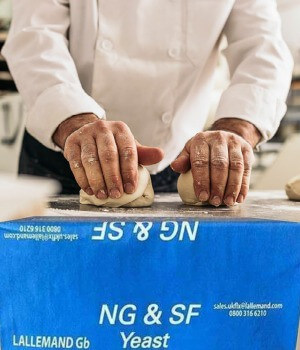 |
The Great Divide
When considering whether dry or wet is better suited for specific products in the bakery market, it's important to recognize the strengths of each type and their corresponding applications.
For quick and consistent results, dry yeast takes the lead. Breads and pastries with tight schedules, such as sandwich bread and dinner rolls, can benefit from the predictability and ease of use that dry yeast provides. Its long shelf life also makes it a practical choice for bakeries with fluctuating demand.
On the other hand, wet yeast shines when the objective is to achieve nuanced flavours and textures. Artisanal breads that demand a longer fermentation period, like rye bread, can gain immense character from wet yeast's enzymatic activity. Its contribution to a softer crumb and distinct taste profile cannot be easily replicated by dry yeast.
A Balanced Approach
Ultimately, the choice between dry and wet yeast in the bakery market is not a matter of superiority but one of suitability. A balanced approach that leverages the strengths of both types can yield outstanding results. For products where consistency and convenience are paramount, dry yeast is the go-to option. Meanwhile, when dough extensibility is key, wet yeast emerges as the hero.
In the end, successful baking relies on understanding the intricacies of each ingredient and knowing how to harness their potential to create delectable treats. Whether it's the tried-and-true nature of wet yeast or the modern practicality of dry yeast, bakers can confidently navigate the bakery market armed with the knowledge of these two yeast options and their versatile applications.
Fermipan | Instant Active Dried Yeast | 20 x 500g
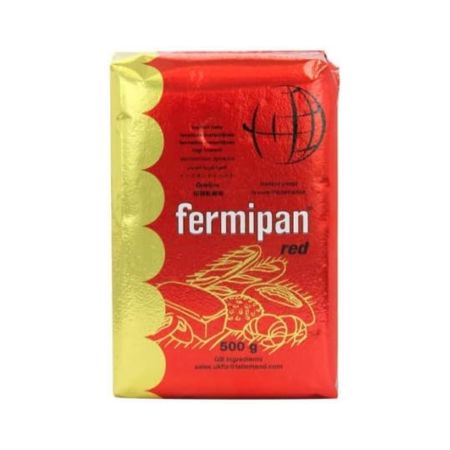
£62.10
The choice of professional bakers, Fermipan Instant Dried Yeast is a reliable instant dry yeast with high fermentation power. Comes in 20 x 500g sachets, for easy one time use. Recommended dosage varies between 1% and 1.5%, based on flour weight… Read more
NG&SF | Baker's Wet Yeast | 12 x 1kg
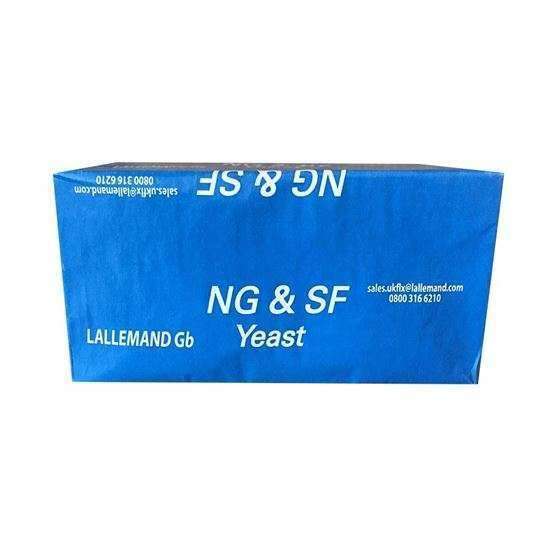
£22.26
NG&SF Fresh Baker's Compressed Yeast is a fast acting baker's compressed yeast, designed for use in high speed, no-time dough processes (a 'Chorleywood bread process') for a soft, fluffy loaf. NG&SF Fresh Baker's Compressed Yeast is made from Saccharomyces Cerevisiae… Read more
Angel | Instant Dried Yeast | 20x500g
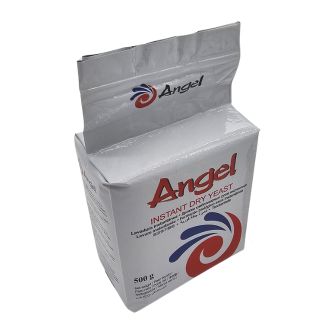
£52.76
Experience the joy of hassle-free baking with Angel Yeast's high-quality yeast offerings. This yeast is designed to provide bakers with a reassuring and delightful baking experience. Versatility: Ideal for a wide range of bread and pastry recipes with low sugar… Read more

